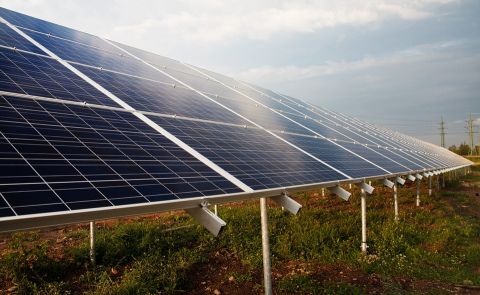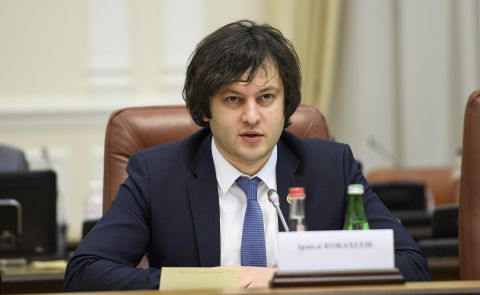
Tbilisi Pride parade turns into violent turmoil
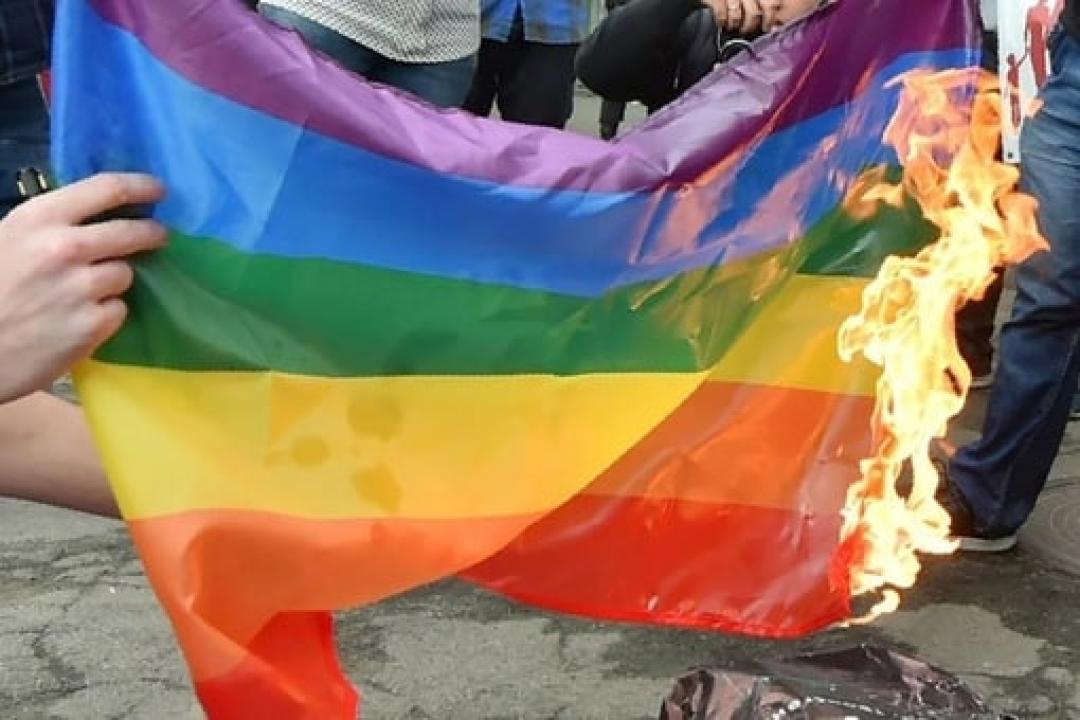
On 5 July, the Tbilisi Pride parade was cancelled after far-right groups attacked dozens of media representatives and tents of the Georgian opposition parties.
The incident followed after the country’s Prime Minister Irakli Garibashvili said that the country’s former President Mikhaeil Sakashvili and the “radical opposition” were likely standing behind the march and ongoing rallies in central Tbilisi. “I want to say that holding the march is the constitutional right of the people and we understand this. The state has done its utmost to ensure the safety during all their events in previous days. However, the march scheduled today carries risks of civic confrontation because the march is unacceptable by the vast majority of the country’s population. That is why I believe that the conduct of the march on Rustaveli Avenue is not reasonable,” he emphasized.
The journalists of the Formula, Rustavi-2 TV channels, as well as Tabula, Netgazeti, and Palitra news outlets were subjected to physical and verbal abuse, and their equipment was damaged. Other journalists were also prevented from covering the actions of far-right activists. Some of the attackers were armed with batons. The protesters say they are punishing the media for “promoting a perverted way of life”. Among the groups that were destroying the opposition’s tents are the representatives of Union of Orthodox Parents and Georgian March far-right groups, as well as supporters of the ultra-right nationalist businessman-politician Levan Vasadze. Afterwards they were joined by the Rioni Valley Guardians who protested for months against the construction of the Namakhvani Hydropower plant (Caucasus Watch reported).
The country’s President Salome Zourabichvili released a statement where she condemned the violence and persecution of people on the basis of difference of opinion, sexuality or gender identity. She stated that violence against media representatives and obstruction of professional activities, as well as intrusion into and attacks on the offices of public organisations, were also unacceptable. The country’s Public Defender Nino Lomjaria criticised Prime Minister Gharibashvili for “escalating” the situation. She called on the authorities to respond to the violent incidents that were “threatening life and health of citizens”.
The Georgian Orthodox Church has released a statement calling for anti-Pride protesters to be “peaceful and focused only on prayer”. “While we oppose sin that is unequivocally unacceptable to Christian teaching and protest the propagation of immorality, we pray not only for the spiritual children within our number but also, first and foremost, for those who plan to do the opposite. Christianity calls for peace and mutual love. We ask everyone to refrain from any aggressive and abusive actions, including physical and verbal confrontation, so that all this does not lead to any escalation and does not hurt our own compatriots, regardless of their different views and beliefs, profession and social status,” the statement read.
The organizers of Tbilisi Pride issued a statement calling the event a “war against civil society, democratic values, and the European course of the country”. “The ongoing actions of the government have shown yet again that they are not willing to fulfill their direct responsibilities. The shameful, cruel, anti-state and anti-western remarks by Prime Minister Irakli Gharibashvili, in which he transferred blame and responsibility for the aggression on activists, is a continuation of the cruel, heinous, Russian-style politics which has been coordinated by the country’s political leadership, the Patriarchate, and pro-Russian groups...The Ministry of Internal Affairs, despite having every opportunity to ensure the safety of Pride Week participants, did not take any action to protect the fundamental rights of people. Not only the government didn’t ensure the security of queer community and our supporters, but with their activities they interfered us to excercise our right of the freedom of assembly. We cannot go out in a street full of violence supported by the government, patriarchate and pro-Russian forces and risk people's lives!” the statement emphasized.
The head of Tbilisi Pride, Giorgi Tabagari, said that he believed that the State Security Services may have been assisting counter-protesters throughout the day. Tabagari said on Facebook that the group had privately changed the location of the Pride March five times during the day but that anti-Pride protesters had arrived at the locations ahead of them every time. Associate Director for Europe and Central Asia at Human Rights Watch Giorgi Gogia called the cancellation of Tbilisi Pride a “big step backwards” for Georgia. “Make no mistake, this is not a victory of ultra-right groups, but an utter failure of the state who condoned and tolerated the violence in Tbilisi streets today,” he stated.
Twenty-one embassies and international organisations in Georgia have published a joint statement condemning violence. The statement was published by the embassies of Austria, Bulgaria, Estonia, the European Union Monitoring mission, Finland, France, Germany, Greece, Ireland, Israel, Italy, Latvia, Lithuania, the Netherlands, Norway, Spain, Sweden, United Kingdom, UN system in Georgia, the United States and the EU Delegation to Georgia. “We condemn today’s violent attacks on the civic activists, community members and journalists, as well as the failure of the government leaders and religious officials to condemn this violence. Participation in peaceful gatherings is a human right guaranteed by Georgia’s Constitution. Violence is simply unacceptable and cannot be excused. The statement also read that those who “incite or threaten violence or commit violent acts ... should be prosecuted to the full extent of the law”.
See Also

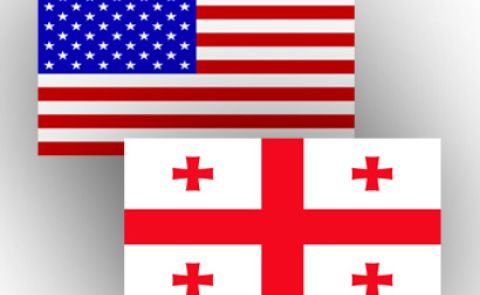
Kobakhidze Meets US Senator Daines to Discuss Bilateral Relations
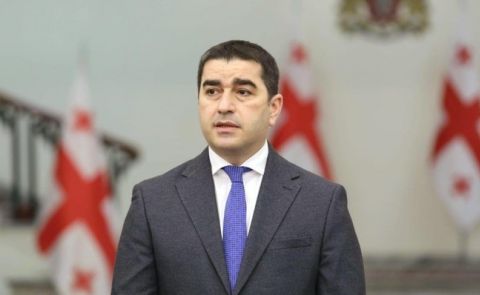
Georgian Speaker Condemns Embassy Travel Warnings as Economic Attack
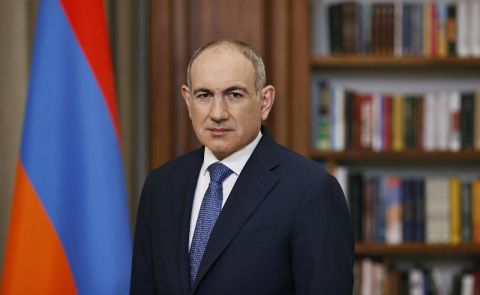
Political Crisis Deepens Between Armenian Government and Apostolic Church After Pashinyan’s Remarks
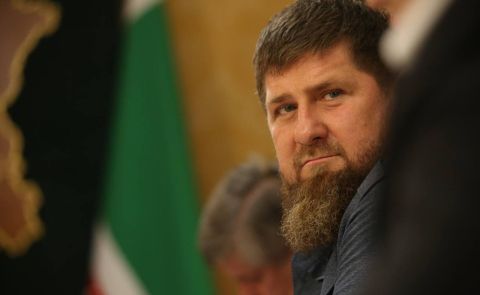
Ramzan Kadyrov Awards Title to Ingush Businessman
